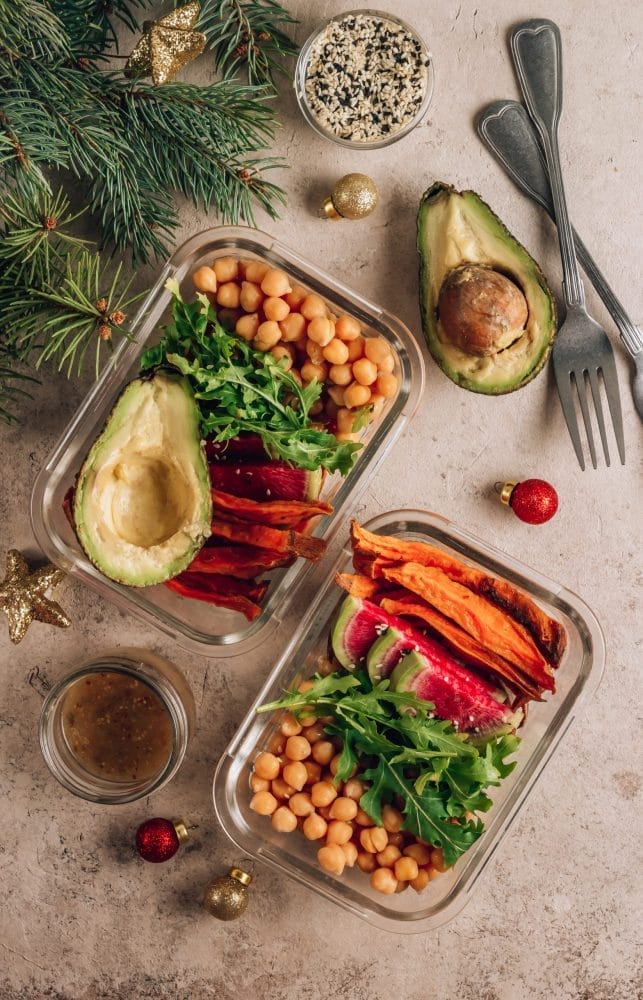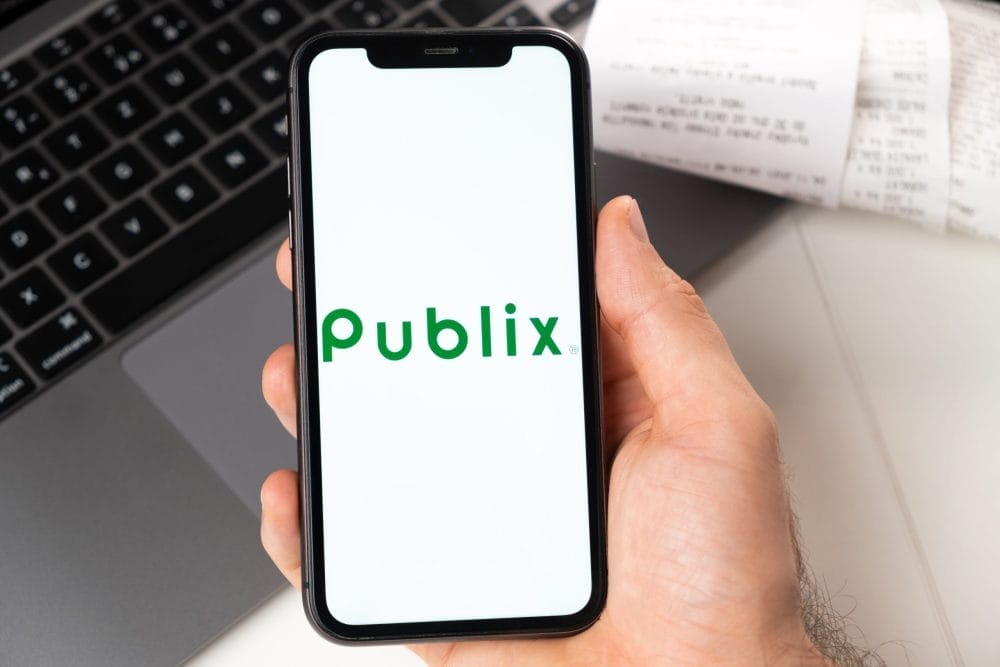Shatel Huntley has a Bachelor's degree in Criminal Justice from Georgia State University. In her spare time, she works with special needs adults and travels the world. Her interests include traveling to off the beaten path destinations, shopping, couponing, and saving.
Rising food prices require a new strategy. Old habits can drain your wallet faster than you realize. To combat inflation, you must fundamentally shift your mindset and your shopping tactics. It is no longer enough to just look for sales; you need a proactive, disciplined approach that prioritizes value over convenience and brand loyalty. These…
The holiday season is the most expensive time of the year for groceries. While major supermarkets advertise their sales in flashy flyers, some of the best deals are hidden in stores that do not rely on traditional weekly ads. These retailers operate on a “treasure hunt” model, offering deep discounts on overstock, seasonal, and closeout…
Meal prepping is a fantastic way to save time and money. The strategy becomes even more powerful when you align your prep with the weekly grocery sales. By choosing ingredients that are frequently discounted, you can lower the cost of your pre-made meals significantly. These 11 foods are meal-prep superstars because they are durable, versatile,…
After years of relentless price hikes, the grocery market in late 2025 is finally showing some signs of relief. While prices remain high overall, certain commodity markets have stabilized. This has allowed retailers to bring back sales and promotions on specific pantry staples. Savvy shoppers who have been waiting for a break can now find…
The holiday season usually brings sweet treats and festive displays. In December 2025, however, shoppers are noticing a bitter aftertaste at the register. The price of chocolate and other holiday confections remains stubbornly high. This is not a case of simple seasonal demand. A complex mix of global agricultural issues and supply chain economics is…
Coupons act as a powerful tool for reducing your weekly grocery bill. However, many shoppers unknowingly sabotage their own savings by falling into common traps. These mistakes can negate the value of the discount or even cause you to spend more money than you planned. Retailers and manufacturers design coupons with specific limitations that savvy…
Winter brings a natural desire for hearty, warming meals. It also brings higher utility bills that can squeeze your grocery budget. The key to surviving the winter months financially is to stock your pantry with versatile, shelf-stable ingredients. These low-cost items act as the foundation for countless nutritious meals. By focusing your shopping list on…
Marketing executives spend billions to convince you that their brand name tastes better. For many years, this was often true. However, the quality gap between national brands and private-label (store brand) products has virtually vanished in many categories. Today, store brands are often manufactured in the same facilities as the big names, using nearly identical…
January is often associated with a “spending hangover” after the holidays. However, the start of the new year also brings a predictable cycle of price drops in the grocery store. Retailers know that consumer habits shift dramatically in January, moving from indulgence to health and frugality. They adjust their pricing strategies to match this shift.…
Grocery delivery services like Instacart, Walmart+, and Shipt offer incredible convenience, but they often make it difficult to use traditional coupons. Many shoppers assume that they have to give up their savings in exchange for delivery. This is not true. With a few clever tricks and a better understanding of how these platforms work, you…
The cost of a Christmas dinner is climbing. Inflation affects almost every aisle of the grocery store. However, historical data and current market trends indicate that certain holiday staples increase in price significantly faster than others as December approaches. Understanding these specific price spikes can help you plan your shopping. By buying these eight volatile…
“Stacking” is the secret weapon of extreme couponers. It involves using more than one discount on a single item. While many stores have tightened their policies, there are still powerful ways to stack your savings in 2025. By combining manufacturer coupons, store coupons, and cash-back apps, you can dramatically reduce your grocery bill. Here are…
The holiday season is usually a quiet time for new store openings. Retailers typically focus on maximizing sales in their existing locations. However, in a bold move, the rapidly expanding grocery chain Aldi has announced a wave of new store openings scheduled for December 2025. This aggressive expansion is part of the company’s massive plan…
For decades, national brands like Coca-Cola and Kraft dominated the grocery landscape. However, a major shift is underway. Retailers are investing billions to upgrade their private-label, or “store brand,” offerings. These products are no longer just cheap knock-offs. They are often high-quality, innovative items that rival or exceed the name brands. This shift is threatening…
Smartphone apps have revolutionized how we save money on groceries. The days of clipping paper coupons are fading. Today, the best deals are digital. Almost every major grocery chain has its own app. These platforms offer exclusive digital coupons, personalized rewards, and instant savings at the register. To get the best price, you need to…
While consumers vent their frustration over high prices at the checkout, the employees scanning those items are facing their own crisis. Grocery workers, essential during the pandemic, now report deteriorating working conditions, stagnant wages, and increasing hostility from the public. Behind the scenes of your local supermarket, a labor struggle is unfolding. Workers warn that…
















